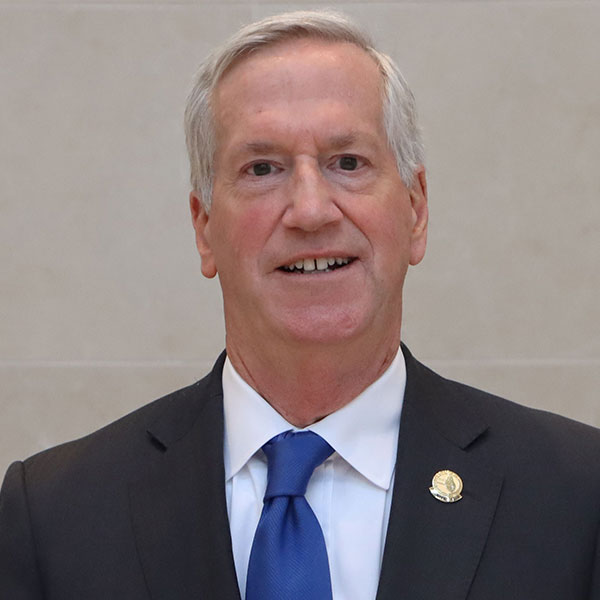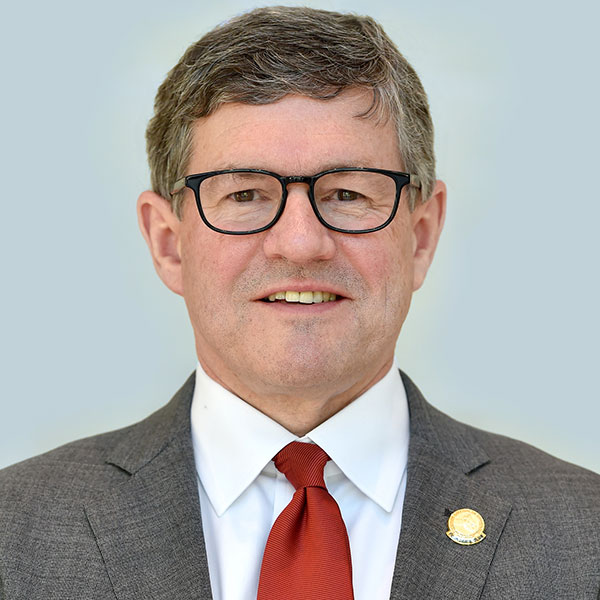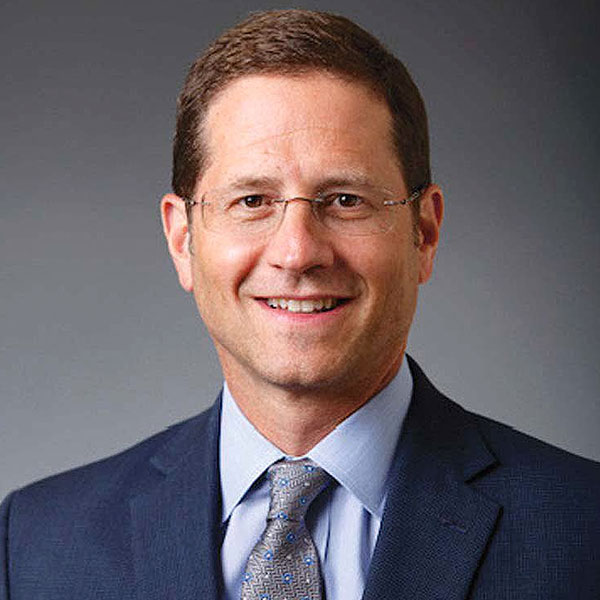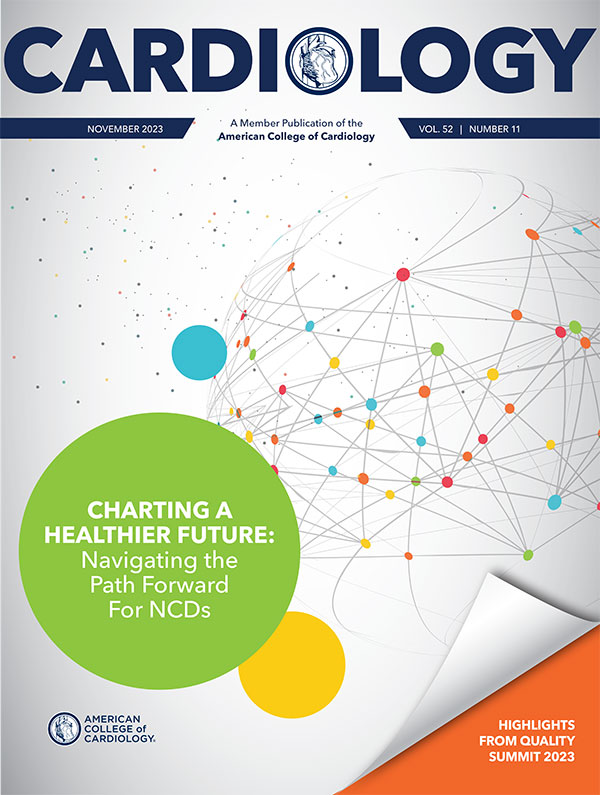Guest Editorial | It’s Time: Building a New Board of Cardiovascular Medicine

Cardiology continues to lead the way in evidence-based care approaches, provision of clinical competency statements, clinical registries, implementation of new technologies and therapeutics, and redesigning team-based, multidisciplinary care. Now is the right time for the cardiology community to develop new methodologies to demonstrate competence through a novel program of certification.
Attaining and sustaining clinical cardiovascular competence is fundamental to providing appropriate, high-value health care and is part of our ethical and professional duties. Cardiologists have a personal, professional, ethical and public responsibility to stay up to date in their areas of practice, starting with self-identifying their own knowledge gaps and closing them in a formative, constructive way. Patients and the public can and should expect their physicians to demonstrate clinical competence no matter where they are in their career.
The current mechanism for board certification is less appropriate and less relevant for cardiovascular clinicians. Over the last several decades, cardiovascular medicine has evolved dramatically since becoming part of the American Board of Internal Medicine (ABIM) in 1941. Cardiology is now a distinct medical specialty, separate from the field of internal medicine, requiring its own set of knowledge, skills and competencies to sustain professional excellence and effectively care for cardiovascular patients.
This evolution and growth of cardiovascular medicine from a subspecialty within internal medicine to a distinct medical specialty, with its own set of subspecialties and training pathways, requires a new approach that will replace the current approach with a pathway to continuous certification and competence.
Stay Tuned
Over the coming weeks, the societies will continue to post a number of informational videos, FAQs, and other activities at CVBoard.org that will explain the ABMS application process and answer preliminary questions about what the new Board will entail. Registration is open for a joint society informational webinar scheduled for Nov. 14 at 7 p.m. ET.
Click here to watch a special Heart-to-Heart presidential discussion on the new board.
To that end, the ACC, Heart Failure Society of America (HFSA), Heart Rhythm Society (HRS) and Society for Cardiovascular Angiography and Interventions (SCAI) have united to submit an application to the American Board of Medical Specialties (ABMS), requesting an independent, self-governed medical board of cardiovascular medicine to pursue a new competency-based approach to certification. ABMS remains the only authority widely recognized by the public, regulators and payers for initial and ongoing physician certification in the U.S.
Other cardiovascular organizations, including the American Heart Association (AHA), have applauded the vision and have collaborated in the development of the application. Formal support from the American Heart Association is pending, dependent on official review and consideration by AHA's Board of Directors at its next scheduled meeting.
If approved by the ABMS, this new board would offer initial certification followed with continuous certification for cardiovascular physicians. At the onset, initial certification in general cardiology and subspecialty cardiology would, for the most part, remain the same. There will be opportunities in the future to incorporate changes to the initial certification process. Continuous certification will focus on convenience, support, choice and credit for the learning that physicians already do to keep their knowledge and skills at the highest level.
A new paradigm in continuous certification would de-emphasize timed, high-stakes performance exams and, instead, focus on learning assessments to identify gaps in current knowledge or skills, with recommendations offered on Continuing Medical Education (CME) learning resources and activities to help close the gaps. Importantly, the new Board would be developed and overseen by physicians dedicated to the field of cardiovascular medicine, with transparency into Board operations of the utmost priority.
So, what is next? The ABMS application approval process is expected to take anywhere from six to 12 months. If approval is granted, it will then take several additional months before initial and continuous certification and competence programs would begin. Physicians currently participating in maintenance of certification (MOC) through ABIM, whether through the 10-year exam, Longitudinal Knowledge Assessment (LKA) or the Collaborative Maintenance Pathway (CMP) should continue to do so. If the new Board is approved, a process will be implemented for seamless transition to the new Board's competency-based certification process. No existing credit or status will be lost.
Now is the time to change the conversation! We know the cardiovascular community is ready for an independent, self-governed entity, and we are proud to develop this new Board with cardiologists and cardiology organizations at the helm.

B. Hadley Wilson
MD, MACC

Edward T.A. Fry
MD, MACC

Jeffrey Kuvin
MD, FACC
Keywords: ACC Publications, Cardiology Magazine, Clinical Competence, Cardiology, Registries
< Back to Listings


